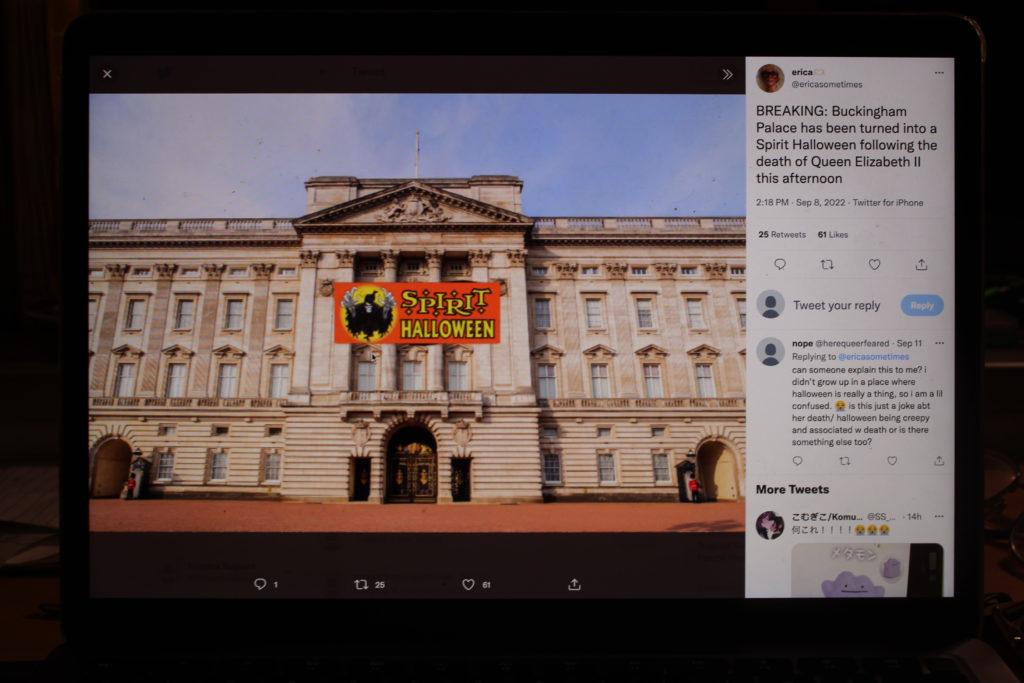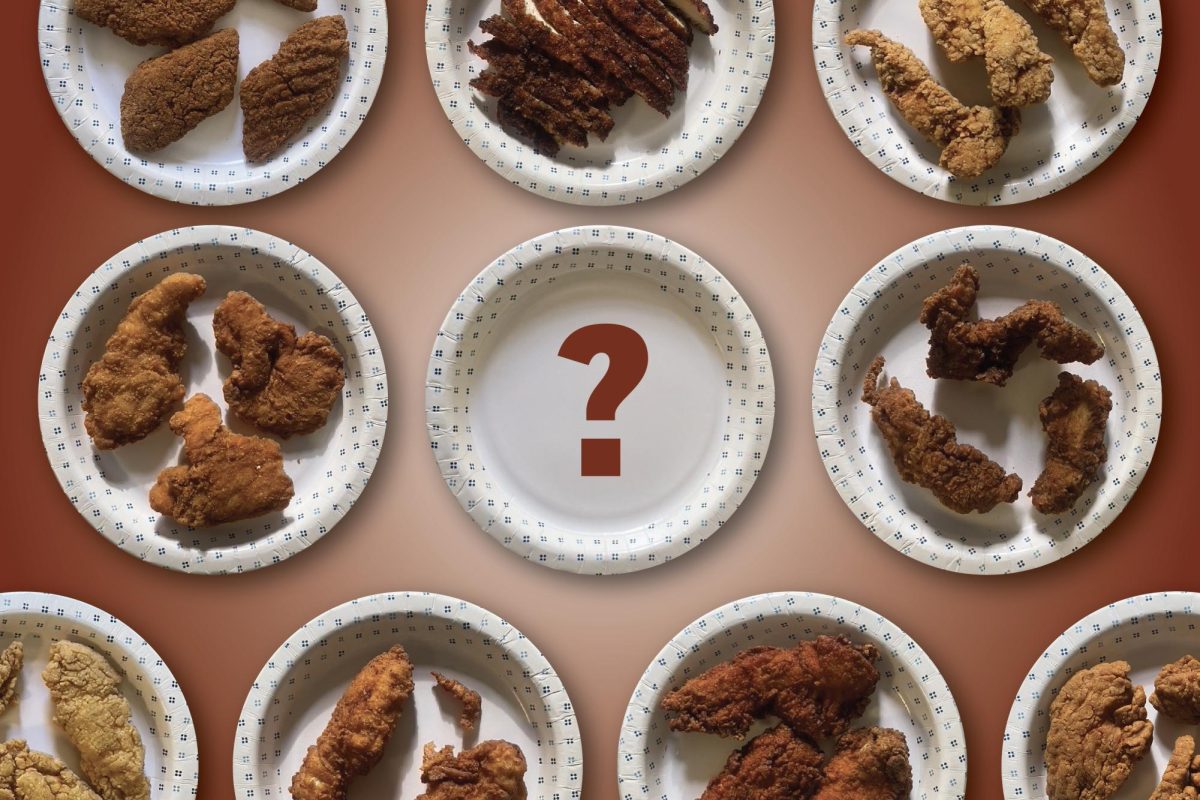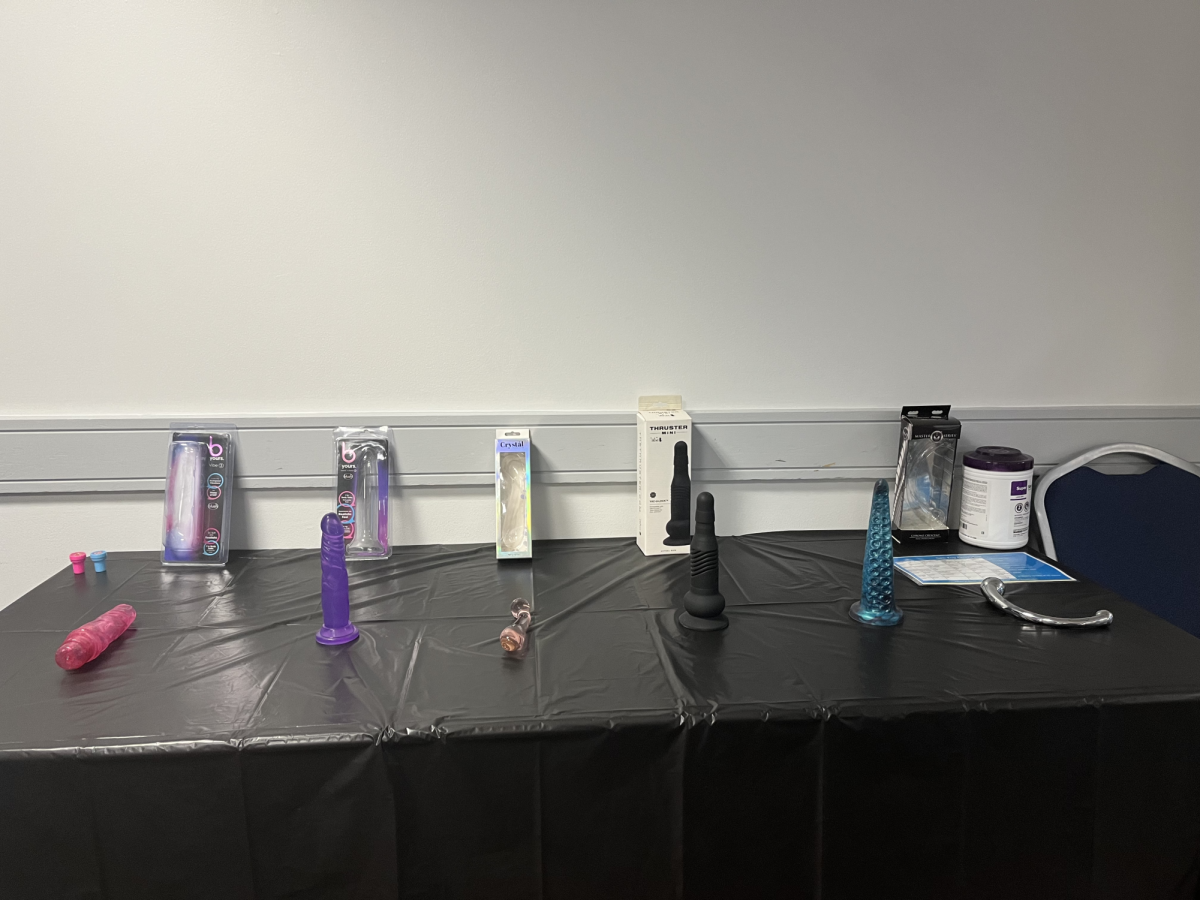She’s met 13 out of the last 14 U.S. presidents, her face has adorned the currency of 33 different countries and she has been the subject of countless films and television shows including Netflix’s Emmy award-winning series “The Crown.” The late Queen Elizabeth II is arguably the most recognizable modern figurehead in the world, and even in death, she has all eyes on her.
Yet as much as the queen’s death has cast a shadow of solitude over the world in all of the “pomp and circumstance” that has followed her sudden passing last Thursday and the outpouring of mourning from international leaders to everyday passersby, it has also shined a spotlight on England’s not-so-distant colonial rule.
Many took to social media after the queen’s death to criticize Queen Elizabeth and the British monarchy for contributing to the oppression and colonialism that continue to leave lasting effects today. Those in Ireland, Asia and African countries including those still in the Commonwealth – a political association of nations, most of whom are ex-British colonies – still pledge allegiance to the British monarchy.
One Twitter user responded to the queen’s death with screenshots from the popular coming-of-age sitcom “Derry Girls,” which takes place during The Troubles, a 30-year conflict surrounding British rule over Northern Ireland that lasted from the late 1960s to 1998.
“If your lot had stopped invading us for five f*cking minutes there’d be a lot less to wade through. You English pr*ck,” one of the characters to her English cousin in the sitcom said.
Similarly, videos of Irish people celebrating the monarch’s death have gone viral. One in particular shows a stadium chanting “Lizzy’s in a box.” In another TikTok that gained 6.7 million views, an Irish group is step dancing to “Another One Bites the Dust” in front of Buckingham Palace.
The celebratory tweets and ridicule demonstrate a historically founded resentment toward British rule among many Irish people. Though England’s invasion of Ireland dates back nearly eight centuries ago, the monarchy’s determination to conquer and subdue the nation has fueled civil war, religious and political division, population loss and famine. To this day, the island is split into the Republic of Ireland, a sovereign nation, and Northern Ireland – a region of the United Kingdom.
Following the queen’s death, people from countries that were formerly English colonies also called for the return of prized jewels and other artifacts that were taken from their home nations during England’s rule.
“Nations, everyone in England is distracted,” one user tweeted. “It’s the perfect time to get your stuff back from the British Museum.”
Twitter users in India and Africa asked England to return some of their crown jewels, like India’s Koh-i-noor diamond and The Great Star of Africa, reminding the public of their colonial acquisition. Britain came to possess the Koh-i-noor diamond, which is estimated to be about $400 million, through the Treaty of Lahore.
Another Twitter user referenced Killmonger from Marvel’s Black Panther, who took back African artifacts from The Museum of Great Britain in the movie.
“How do you think your ancestors got these?” the character says in the film. “You think they paid a full price for it? Or did they take them like they took everything else?”
People have demanded England to repay ex-colonies and nations that have been affected by British imperialism as recently as this spring. Countries like Jamaica, Belize and the Bahamas have called for reparations for descendants of enslaved people under British colonialism as Prince William and Kate, Princess of Wales, toured the nations in March.
“We stand united in condemning Britain’s savagery in enslaving our ancestors, the coarse indecency of colonial exploitation, the brutality of its enforcers and the enduring legacies of impoverishment and colonial-era ideologies that have damaged and continue to damage our people, our society and our economy,” a joint statement from the three-nation coalition said following the visits from the prince and princess.
Many note that during the queen’s 70-year reign, countries under British rule like Kenya were actively deterred from declaring independence as revolutionaries were tortured, forced into concentration camps and killed, with newly independent countries like Nigeria still under British influence.
One Twitter user responded to a video of a Kenyan woman asking the queen for reparations in June for being tortured by British troops during the fight for Kenyan independence.
“Reminder that Queen Elizabeth is not a remnant of colonial times,” the tweet reads. “She was an active participant in colonialism. She actively tried to stop independence movements & she tried to keep newly independent colonies from leaving the commonwealth. The evil she did was enough.”
Arguably the most striking and viral tweet following the queen’s death comes from an associate professor at Carnegie Mellon, who refers to the monarchy perpetrating genocide and rape.
“I heard the chief monarch of a thieving raping genocidal empire is finally dying,” Uju Anya, who comes from a Nigerian and Trinidadian background, said. “May her pain be excruciating.”
The tweet gained a heated response from many – including Amazon CEO Jeff Bezos – and has since been taken down for violating Twitter’s guidelines regarding violence.
In light of the controversy, all reactions to the queen’s death – whether they be in grief, indifference, respect, comedy, celebration or conviction – have undoubtedly gained more than fleeting attention. They have offered insight into all sides of Her Majesty’s complicated legacy and the past of the monarchy itself.
“Black and brown people around the world who were subject to horrendous cruelties and economic deprivation under British colonialism are allowed to have feelings about Queen Elizabeth,” Washington Post columnist Karen Attiah said in a tweet. “After all, they were her ‘subjects’ too.”




